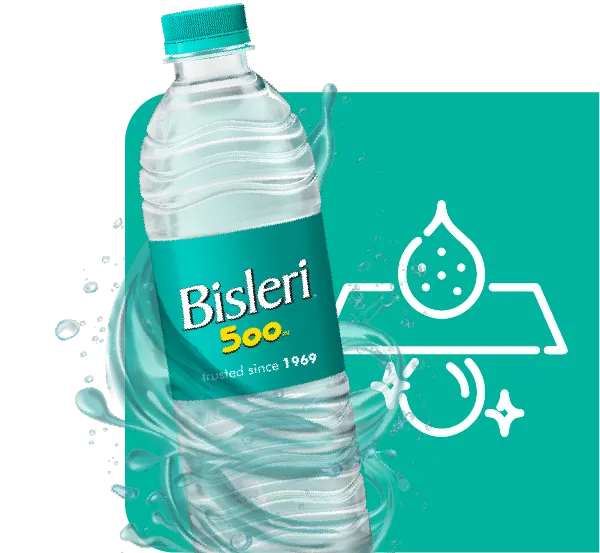Packaged water brand Bisleri is looking to introduce water credits, similar to carbon credits, to make beverage makers more accountable for their water usage.
The company has partnered with the TERI School of Advanced Studies to conduct a study examining the beverage industry’s commitment to water conservation.
In India, 11 out of 15 major river basins will be water-stressed by 2025, with per-capita annual water availability falling below 1,700 cubic meters, according to the Council on Energy, Environment and Water, a New Delhi-based think tank. Additionally, groundwater usage in India is regulated by various national and state-level rules that limit the amount of water companies can extract for industrial and commercial purposes.
The study highlights that several large beverage makers have been criticized for extracting water from water-stressed areas. In response, many companies have begun reporting initiatives to replenish the water they use in their manufacturing processes.
Bisleri plans to share its findings with the central government to facilitate discussions and develop a framework to advance the concept of water credits for the beverage industry.
The study aimed to review national and international practices and policies in water trading, water credits, and fiscal instruments, and to develop a methodological framework for estimating the water footprint of a production unit. It also tested and estimated the water footprint of two Bisleri production units located in distinctly different terrains, as per media reports.
Bisleri’s initiative comes after the government introduced the Green Credit Program (GCP) in October 2023. The GCP is a mechanism designed to incentivize voluntary environmental actions across diverse sectors by various stakeholders, including individuals, communities, private sector industries, and companies. In its initial phase, the GCP will focus on water conservation and afforestation.




